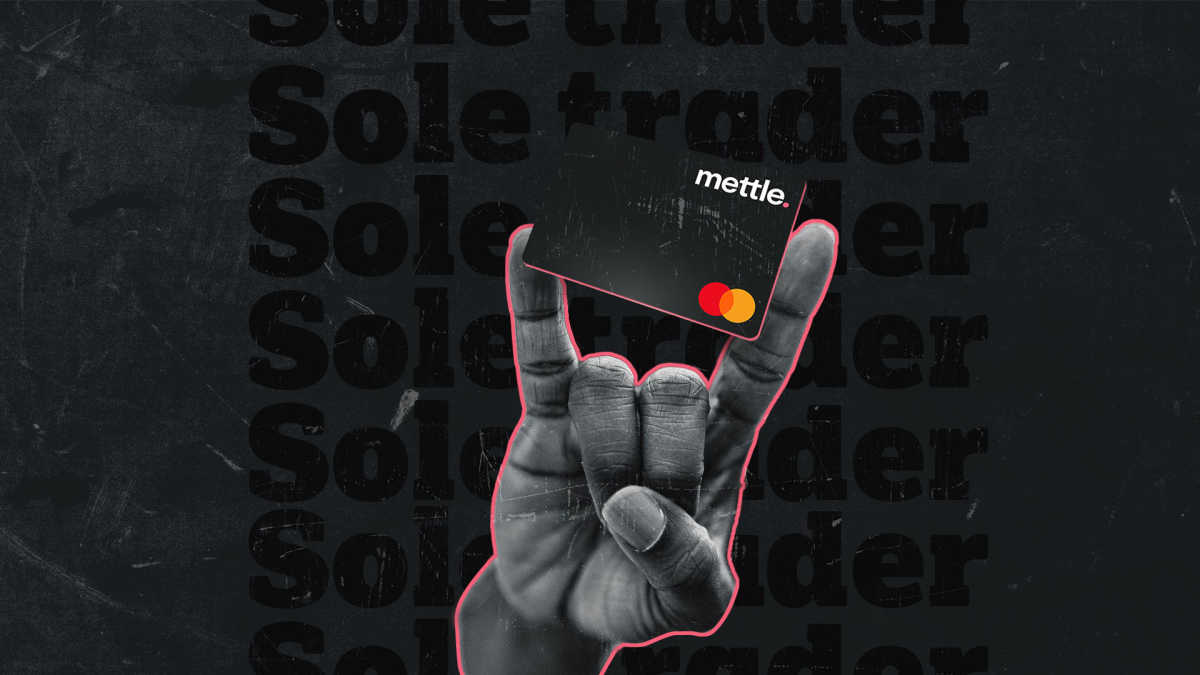What is a sole trader?
A sole trader is a self-employed person who owns and runs their own business as an individual, meaning the business isn’t a separate legal entity from the owner, like with a limited company.
As a sole trader, you’ll often be the only person who works for your business, however you can also hire employees. When hiring any members of staff you must register as an employer and register for PAYE.
Because you aren’t separate from your business legally, you have control over your business, its assets and profits (and losses) after tax. Being a sole trader offers you flexibility and full control of how you operate. But you’re also personally responsible for its success or failure, which can be daunting and potentially very costly. Unlike the owners of a limited company, as a sole trader, you’re personally responsible for any debts your business takes on.
Pros and cons of being a sole trader
One of the pros of being a sole trader is that you can get started quickly – but you can also close your business just as quickly.
You’ll have to register as self-employed and file a Self Assessment tax return, but taxes are often a lot simpler than they are for partnerships or incorporated companies.
To help prepare for your tax return, Mettle comes with an integrated tax calculation feature, powered by FreeAgent. The tax calculation gives you an up-to-date view of how much tax you’re likely to owe and takes the hassle out of preparing to pay your taxes by automatically saving a percentage of your income.
According to Rapid Formations, other advantages of being a sole traders are:
Lower costs
Keeping the profits of the business
Maintaining full control of your business
Keeping your financial information private
Easier pathway to moving to a limited company as your business grows
There are some drawbacks to setting up as a sole trader. Being able to do things the way you want is great, but that also means you’re responsible for any losses or difficult times by yourself. As mentioned by Inform Direct, some other disadvantages are:
It can be harder to raise business capital
Some clients may prefer to trade with other business types, such as limited companies, as they can been seen as more credible
How do you register as a sole trader?
You need to set up as a sole trader if any of the following apply:
You earned more than £1,000 from self-employment during the tax year (6 April to 5 April the following year)
You need to prove you’re self-employed, for example to take out insurance or a loan
You want to make voluntary Class 2 National Insurance payments to help you qualify for benefits
To register as a sole trader, you need to:
Contact HMRC and let them know you’re self-employed and will be paying tax as a sole trader
Complete the HMRC registration form for Self Assessment, either online or by post
You can then complete your annual Self Assessment tax return, using the online account you set up.There’s no need to register with Companies House as a sole trader.

